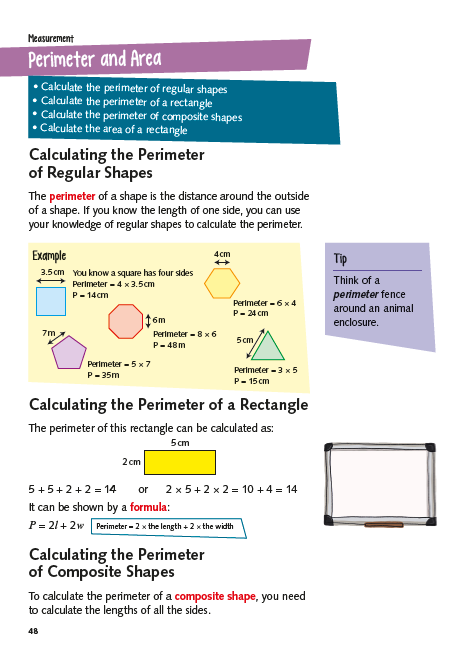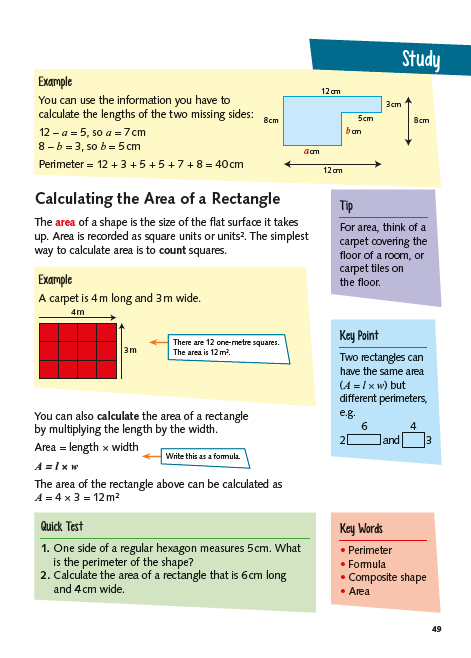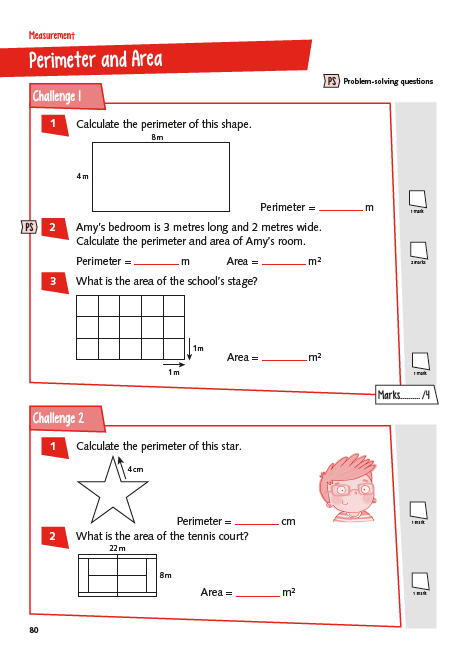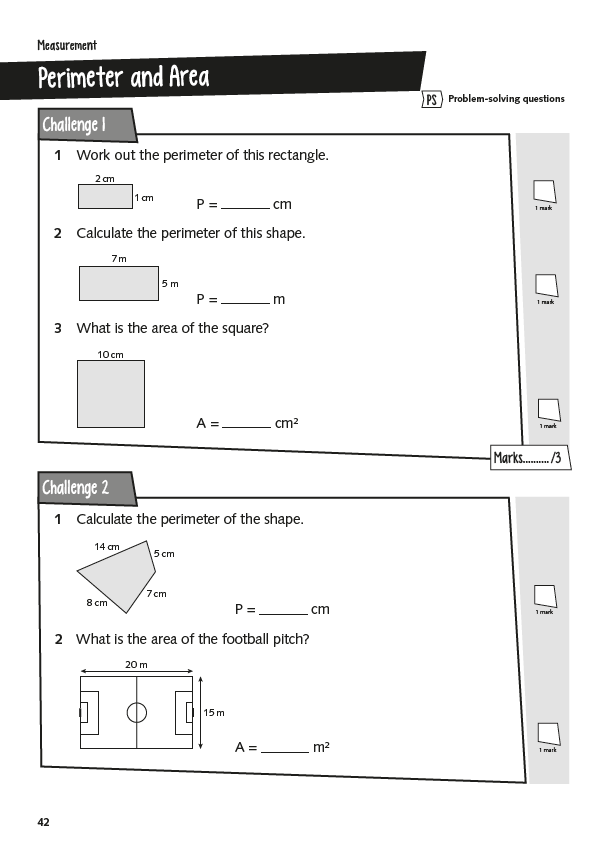To make sure pupils get the SATs practice they need, it makes sense to set homework that also involves parents/carers. Here are some things to consider.
Set short, focused activities, following on from work in school
While children need practice in tackling a mixture of problems on different topics, as in the SATs tests, this is a separate issue to revision and developing fluency. When your aim is to practise particular skills or revise particular topics, sending a mix of problems home is likely to knock a child’s confidence and leave parents unsure how to help.
Parents can best support their child when they are clear what methods the child has been taught. If you send home some problems that children have completed in class, the child can explain their working to the parent. Explaining the solution helps to consolidate the child’s learning, as well as showing the parent the methods to use. Then provide problems that require a similar solution method or skills – for the child to work on with parental support.
Example
Classwork and home learning work from the Perimeter and Area sections of Collins KS2 Maths SATs Study Book, Year 6 Maths SATs Targeted Practice Workbook and KS2 Maths SATs Practice Workbook.
Classwork
 |
 |
 |
|---|
Homework
Send home the child’s completed classwork, for the child to explain to their parents, plus extra problems on the same topic.
 |
|---|
Tell children what the homework is for
Children are more likely to complete homework if they know what the purpose of it is. ‘To help with your SATs’ is a bit vague – be more specific, e.g. ‘This homework is to practise solving problems involving area and perimeter’.
Use homework in the next lesson
A common complaint from parents is that they make the child do the homework, often against some opposition, but after the homework is handed in, they hear nothing more about it.
Sharing solutions to the homework in the next lesson:
- Shows children that their work is important and valued
- Allows you to assess who is confident and who needs more help
Set a variety of homework tasks
Homework does not just have to be answering written questions. For variety, set tasks that involve mathematics in everyday life, such as:
- Estimating the total cost of 5 items when you go shopping, or from a website.
- Find four different types of quadrilateral in your surroundings, or three different types of angle.
- Interpret a bar chart or pie chart shown in a newspaper.
- While cooking, convert measures from grams to kilograms; scale up a recipe for more people.
- While filling the car with petrol: 1 litre of petrol costs £1.28, what will 10 litres cost?
- Estimate the area and perimeter of your sitting room.
You can also suggest strategies for developing fluency in multiplication tables and mental maths skills, such as games and quizzes.
Give parents guidance on how to help their child
You could send a letter home, or have a parents’ evening session, to explain how you will be setting homework to help with SATs preparation, and how parents can help with that. You might like to include:
- How homework relates to what the children are learning in school
- How parents can feed back to you on areas where their child is doing well, or needs more help
- The types of task – e.g. not all written
- How much time to spend – short bursts of around 10 minutes
- Ways of bringing mathematics into everyday life
- Fostering a positive attitude to mathematics and problem solving – leading by example
- Praising the child for how hard they have worked or tried, rather than their ‘score’.
- Using the word ‘yet’, to imply that you will succeed eventually. Eg. ‘you have tried really hard, but you haven’t learned all your 7 times table yet’.
Katherine Pate is a Mathematics education consultant and author.



